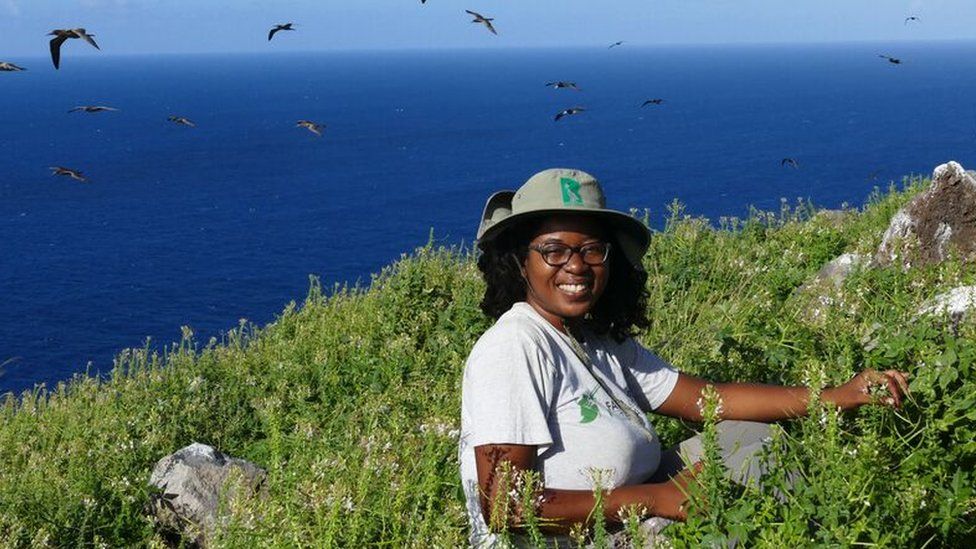-

-
-
Loading

Loading

The small Caribbean island of Redonda has undergone an incredible transformation from a desolate rock to a thriving wildlife sanctuary in just a few years. The restoration efforts led by the Antiguans and Barbudans have now resulted in the official designation of Redonda as a protected area by the government of Antigua and Barbuda. This designation ensures that Redonda remains a vital nesting site for migrating birds and a habitat for unique species found nowhere else on Earth. The Redonda Ecosystem Reserve covers a vast area of 30,000 hectares and has exceeded the global goal of protecting 30% of the planet for nature by 2030. Thanks to the eradication of invasive black rats and the relocation of goats, the island has seen a resurgence of native species and the return of threatened species. This restoration project was carried out by the Environmental Awareness Group (EAG), in collaboration with the government and international partners. The EAG is also working on reintroducing species that were once found on Redonda, such as the burrowing owl. To ensure the island remains free of invasive species, the EAG is implementing a robust governance system that includes surveillance cameras and monitoring fishing activities. The restoration and protection of Redonda is crucial in the face of high extinction rates in the Caribbean region. The local residents of Antigua and Barbuda have taken great pride in the transformation of Redonda and are now its most ardent protectors. The success of Redonda's restoration serves as an inspiration to other countries, especially small developing islands, that achieving environmental targets is possible. The accomplishments on Redonda have also had a personal impact on individuals like Johnella Bradshaw, the reserve's coordinator, who hopes to change the narrative around conservation and inspire younger generations. However, the threat of climate change and its impacts on the region are a constant reminder of the urgent need for collective action. By playing our part, together we can make a difference in preserving and restoring our natural environment.